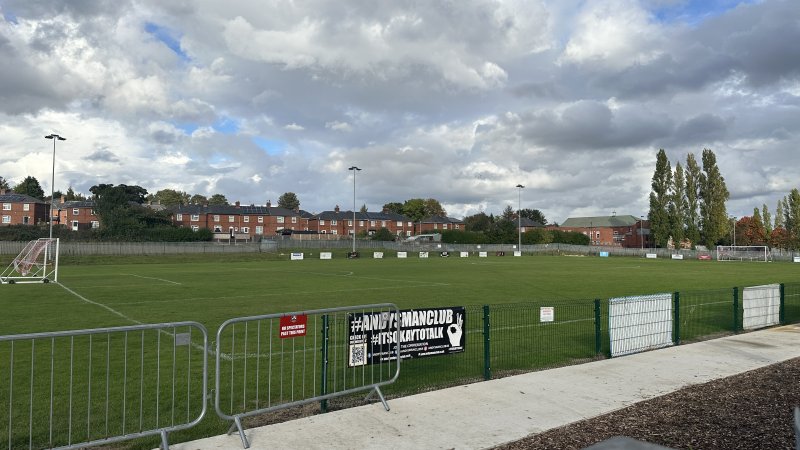HUNDREDS of Barnsley residents have contributed towards providing evidence which could see assisted dying become legal in what has been described as a ‘generational’ move.
The Terminally Ill Adults (End of Life) Bill passed its second reading in the House of Commons in November and has now moved on to its ‘committee stage’.
The role of the committee is to hear from expert witnesses and constituents, and then examine the bill line by line, ensuring that every detail is debated and refined.
Penistone and Stocksbridge MP Marie Tidball, who is a committee member, made a powerful speech at its second reading, reflecting on ‘many’ constituents’ tragic stories of death which were without dignity or respect.
The MP also recounted her own experience as a child in Sheffield Children’s Hospital, feeling so much pain from body plaster that she told her parents she wanted to die.
Marie’s speech also identified changes needed to strengthen the bill further, including protections against coercion, improvements to palliative care, and training for medical practitioners.
She told the Chronicle that almost 500 constituents had been in touch about the matter and vowed to make sure their voices are heard.
“This process has been the most cross-party deliberative process of any bill in a generation,” she added.
“If the bill becomes law, it will include the strongest safeguards in the world.
“I look forward to continuing to work with cross-party colleagues on the committee to include changes suggested by experts to the bill, making it as clear and effective as possible.
“It’s a complex and emotive topic but one that deserves our full attention and care before it goes back to Parliament for the third reading.
“Nearly 500 constituents have written to me about this issue and I’m working hard to make sure that challenges, concerns and unintended consequences are addressed properly in the bill.
“The bill is about control and choice at the end of life, giving people the dignity they deserve.
“The proposed law includes incredibly strict safeguards to protect disabled people, and is clear that it’s restricted to mentally-competent adults who have been diagnosed with a terminal illness and only six months left to live.
“Involving the voices of disabled people in the implementation and long-term impact of the bill, is incredibly important, and something I’ll be championing as it progresses in the weeks ahead.”
A pre-Christmas vote on the bill passed by a majority of only 55 votes and was the first of its kind in ten years after a similar proposal was taken to the House of Lords in 2013.
For this vote Prime Minister Keir Starmer took a neutral position, allowing Labour MPs to decide however they saw fit.
Deputy Prime Minister Angela Rayner, independent Jeremy Corbyn and Reform UK Leader Nigel Farage all voted against the bill, while the Prime Minister found unlikely support with his predecessor Rishi Sunak as both voted in favour.
Locally the picture is similar, with MPs for Barnsley North and Penistone and Stocksbridge Dan Jarvis and Marie supporting the proposal, while MP for Barnsley South Stephanie Peacock opposed.
If it does pass in its current form, it will allow terminally ill patients over the age of 18 with six months left to live to have the option to end their life.
Each case will be ruled on by a High Court judge to ensure the patient has the mental capacity to make the decision, and while a doctor would prepare the substance being used to end the patient’s life, the patient would have to administer it themselves.
Marie added: “In reflecting on my own early life, one moment from my childhood stood out.
“When I was six years old, I had a major surgery on my hips - I was in body plaster from my chest to my ankles, in so much pain, and requiring so much morphine that my skin began to itch.
“I remember vividly laying in bed in Sheffield Children’s Hospital and saying to my parents ‘I want to die, please let me die’.
“I needed to escape from the body that I was inhabiting.
“That moment made clear to me if this bill was about suffering, I would not vote for it.”



























